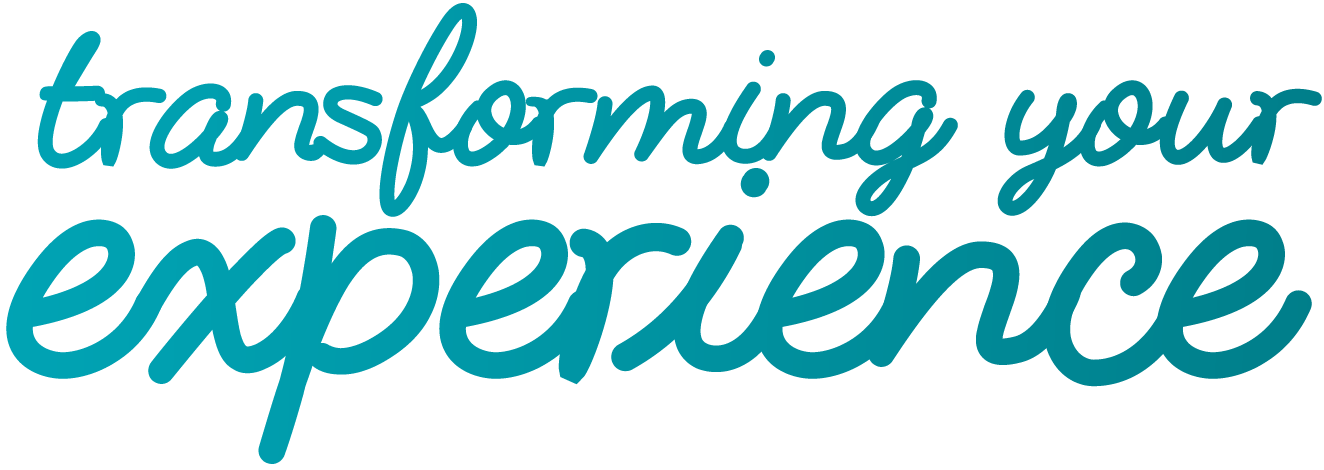Birthing Unit
Location
Birthing Unit
Entrance: L - Campbell Street
Building: Caroline Chisholm Building
Floor: Level 2
Reception: CC2A
Lift Core: F
Car park: P2
Contact Us
Women can call at any time of the day or night to talk to a midwife for advice and or reassurance on 02 8738 5625.
Ward Clerk: 02 8738 5626
Fax: 02 8738 5656
About Us
The Birthing Unit at Liverpool Hospital provides care for women over 20 weeks gestation with any pregnancy related problem, through to the birth of their baby. This facility has approximately 3,100 births per year and provides care for women with low risk through to women with a range of complex health needs.
All care is provided through a collaborative multidisciplinary team consisting of midwives, obstetricians, medical officers, social workers, specialist teams and physicians. As this facility is a teaching hospital, the care provided to you, may include trainee medical officers, allied health workers and/or midwives working under the leadership and supervision of experienced staff.
Services
The Birthing Unit at this facility provides care to women and their families during pregnancy, birthing and during the early stages of the postnatal period for families residing in the Liverpool Local Government area. Specialised services for women with high risk pregnancy needs residing within the District and/or women who are referred state-wide for their care needs are included in the provision of services within this facility.
Midwives are available 24 hours a day, 7 days a week, via telephone, to provide consultation, advice and/or information to pregnant women regarding their pregnancy and/or any health related issues, or for patient enquiries.
The care provided within this service is collaboration between the woman and her treating team to ensure the optimal and appropriate care is provided for the health and safety of the woman and her baby.
The facilities within this Unit cater for women requesting water birth if the pregnancy and birth is uncomplicated and every birthing room is equipped with a large, deep bath for relaxation, pain management and/or birthing. In addition, the Unit offers birthing balls, bean bags, floor mats and a birth stool to assist you in your journey. These items are available upon your request.
Patient Information
Birthing is a significant life event for any women and her family. In order to facilitate as normal a birthing process as possible, this facility allows women to create a birthing environment that promotes a positive experience for the women and her family. This includes ensuring that the women have appropriate supports around her during the birthing process; to assist the woman in achieving her goals, where possible. Support people are identified as those individuals who will be actively involved in supporting women during your labour and provide direct moral support. To assist you in achieving this goal, it is recommended that women select support persons that will facilitate this goal. The birthing unit discourages the gathering of additional family members that are not actively involved in this supporting process as they may not facilitate such a supportive environment for yourself and/or other women birthing in this unit. After you have given birth, it is encouraged that the women and her immediate family are allowed time to bond with their newborn baby, without being overwhelmed with numerous visitors. This facilitates the opportunity for the immediate family to commence skin to skin contact that promotes early attachment and feeding of your newborn. Where possible, visitors should be encouraged to celebrate with you in the postnatal ward.
If the parents would like to have one or more of their other children present at the birth, then they should inform the Women's and Child Health Outpatient Department (Antenatal Clinic) during their pregnancy so that a special sibling preparation class can be organised before the labour. This will facilitate the child's preparation for the birthing process.
Women should inform their family and friends not to phone the Birthing Unit for updates on your labour and/or condition, as staff are not legally allowed to give out information to anyone about you and/or your baby (due to privacy laws). Please ask them to wait for phone calls from you and/or your support people.
What to bring to Birthing Unit
- Yellow antenatal card - women should carry this at all times during their pregnancy
- Letter from your doctor (if you have one)
- Any test or ultrasound results you may have that you have not already given to the hospital
- Your birth plan
- Clothing and toiletries (if you think you may need to stay in hospital overnight)
- Food or snacks (if you want to bring your own for yourself). Support people will need to provide their own food. There are facilities available in the hospital 24 hours a day to purchase food.
Cameras and Videos
Videos are not to be taken during the birth of your baby without the approval of the staff present for the birth. They can be used once the baby has been born. You may take photographs if you wish.
Research and Education
This Unit actively encourages staff to participate in regular education and training to facilitate their professional growth, skills and competencies. From time to time, this facility also lead or participates in research trials that women and their newborn can be involved in if they provide consent to do so. The commitment to both education and research in this facility allows for the development of quality services that meets the needs of the women and their families attending the unit.
Occasionally women may also be asked if they would like to participate in a patient journey interview, which provides us with direct information and feedback regarding the care and services we provide to you and assists us with improving our services or acknowledging the work done by our clinicians. If you are interested in these processes, please liaise directly with the manager of any of our departments.


